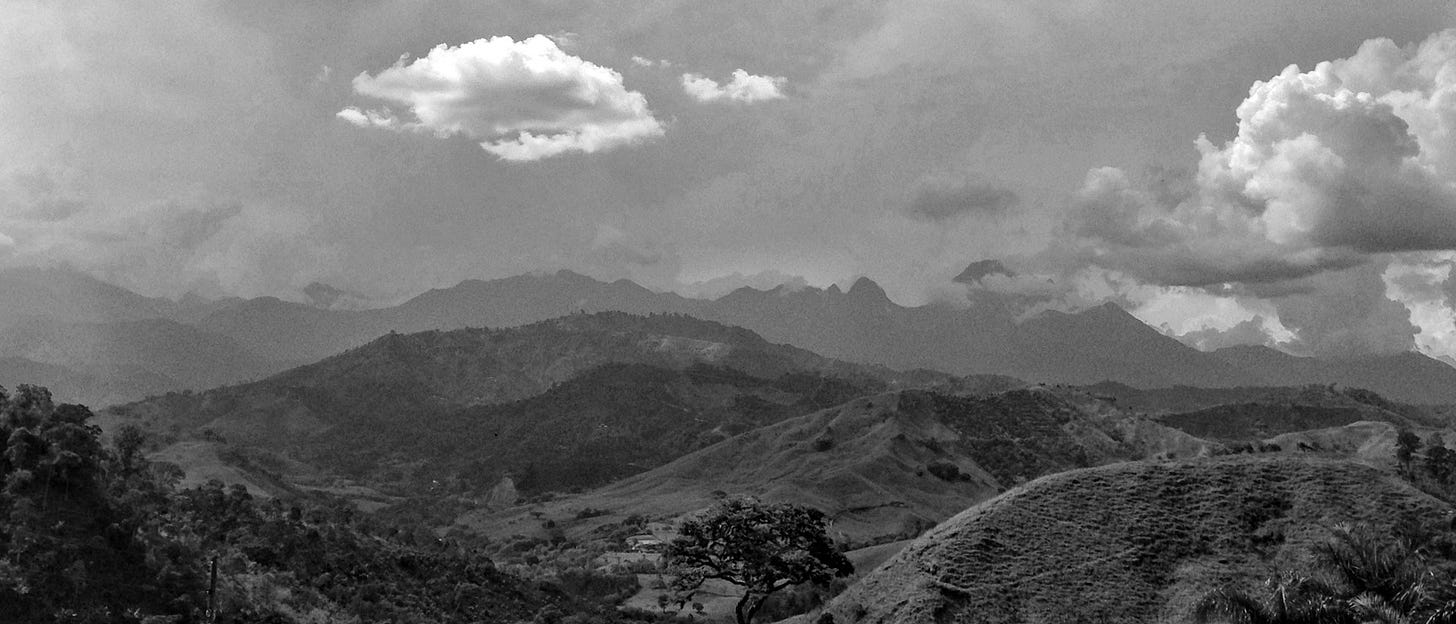Coffee News Roundup: Week Ending March 25th
This week, the Specialty Coffee Association moves World of Coffee from Warsaw to Milan, fertilizer shortages put pressure on coffee producers, and lots of unionization updates from Starbucks and more.
Welcome to a (very delayed) coffee news roundup.
Let’s see what’s been going on this week.
2022 World Of Coffee Moving From Poland To Italy Amidst Refugee Crisis - Via Daily Coffee News
The Specialty Coffee Association’s flagship European trade show and competition event, World of Coffee, will be taking place this June for the first time since 2019—albeit in a different country than was originally planned.
Instead of Warsaw, Poland, World of Coffee will instead move to Milan, Italy, in order to ease the burden on Poland as it copes with an influx of refugees following Russia’s invasion of Ukraine. 100% of general attendee revenue will also go to supporting the Ukrainian coffee industry, the SCA said.
“With the decision to move World of Coffee to Milan,” the SCA wrote to members, “we hope to avoid placing an additional burden on Warsaw’s community while supporting groups like the SCA Poland and Czech Republic chapters, which have been providing aid to those fleeing the war.”
Various world championships, due to be held at the same time, will also move to Milan.
Coffee Farmers Face ‘Mega Emergency’ As Fertilizer Costs Soar - Via Bloomberg
Many coffee producers are struggling to afford fertilizer and are turning to alternatives—or cutting back entirely—as costs for potash, phosphorus, and nitrogen soar.
The war in Ukraine is one reason—Russia and Belarus are two of the biggest exporters of crop nutrients—but Bloomberg notes that this has merely added to a “global run-up caused by supply snags and output woes.”
Writing in Daily Coffee News, Brazilian agronomist Jonas Ferraresso goes into some detail on the importance of fertilizers to coffee tree health and harvest yields, as well as giving more information on how the crisis is affecting producers.
Bloomberg, meanwhile, clutches a handful of pearls while dropping a monocle into a champagne glass at the prospect of producers turning to alternate methods of fertilization such as organic waste, coffee pulp, or chicken manure, noting (a touch hysterically?) that such alternatives “could significantly reduce yields.”
Obviously producers need to maximize their harvests, but heaven forfend non-chemical fertilizers that have been in use for hundreds of years should be utilized—that would cut into agribusiness profits.
More Headlines
Watch The First Trailer For Cxffeeblack’s New Documentary
Caffe Inc. Building $4.4 Million Coffee Grounds Refinery in Amsterdam
Spent Coffee Grounds May Someday be Used to Track Brain Activity
A New Paper To-Go Cup Removes Plastic Lids From The Fold
The Week In Coffee Unionizing
Lot’s has been going on in the world of coffee organizing this week. Such as:
Starbucks Workers United won two new union votes, one in Meza, Arizona and one in the company’s hometown of Seattle, Washington. That’s 8 out of 9 votes won by the now-nationwide movement.
In less Starbucky news, the Detroit Institute of Art has stopped using Great Lakes Coffee in solidarity with striking workers.
“The DIA made a courageous and important decision to support our fight,” Comrades in Coffee commented, “positioning the art museum on the right side of history as we proudly carry on the spirit of Detroit represented in [Diego] Rivera’s Detroit Industry murals as modern-day workers organizing for a bigger and better labor movement.”
Plus, the National Labor Relations Board ruled in favour of the unionization campaign at Colectivo Coffee in Milwaukee, announcing that “the International Brotherhood of Electrical Workers Local 494 was properly elected as the certified bargaining representative for Colectivo's employees.” This ruling comes after the owners of Colectivo appealed against the election in which workers voted very narrowly to form a union. Colectivo’s filing, the board said, “raises no substantial issues warranting review” and the company should now begin bargaining with the union (whether they do or not remains to be seen).
The Week In Corporate Coffeewashing
Keurig Dr Pepper (KDP) has “announced its aspiration to achieve net positive water impact by 2050” and has joined the Water Resilience Coalition, all in celebration of World Water Day, whatever that is.
So what is a net positive water impact, you ask? According to the WRC, it’s “an enterprise ambition that manifests in water-stressed basins to create impact where it matters most.” It “contributes toward reducing water stress in its three dimensions: availability (quantity), quality, and access” and “ensures the company’s contributions exceed impacts on water stress in the same region.” WRC, by the way, is a “CEO-led initiative” whose founders include Diageo, Microsoft, Cargill, and Dow Chemicals and members include Bayer, Dupont, PhosAgro and Coca-Cola.
The story doesn’t really say how KDP will about becoming net water positive by 2050, but a look at the press release indicates that it will involve
Replenish[ing] 100% of water used for its beverages in the Company's highest water-risk operating communities by 2030, an extended timeline to reflect the addition of new communities in 2022; improv[ing] water use efficiency in its operations by 20% by 2025; and support[ing] regenerative agriculture and conservation on 250,000 acres of land by 2030, representing 50% of the land used to grow KDP's top climate-sensitive crops.
So there.
Is Coffee Good For You?
Drinking coffee is good for your heart, and could help you live longer, according to CNN (and, I suppose, research).
“Drinking two to three cups of coffee daily has been associated with a 10% to 15% lower risk of getting heart disease, heart failure or a heart rhythm problem, or dying early for any reason,” the story says, according to three recently published research abstracts.
A lot of the article is various doctors and researchers debating whether the studies actually found anything or not, which is always fun, and whether or not coffee can actually help you live longer (they’re still not sure, it turns out).
What To Read
The Truth About Green Coffee Extract by Jenn Chen
Until next week, drink good coffee.






